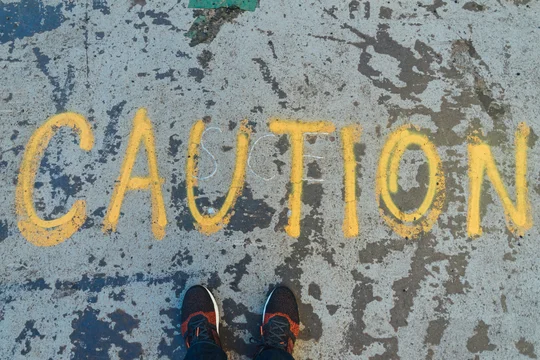
Having to move to withdraw because a client won't pay is the absolute worst. You have ethical duties to your client, but you can't work for free. You are stuck in a position where you need to tell the Court enough that it will let you out—but you can't tell it everything without violating the ethics rules. The local rules also place some procedural hoops in the way of a motion to withdraw. It's tricky!
Even worse is when the other side opposes your withdrawal, because then you are potentially fighting on three fronts: (1) with the client, who won't pay you; (2) with the other side, who is probably loving this but doesn't want to deal with unrepresented parties; and (3) with the Court, who may not let you off the hook if you represent a corporation, given that corporations cannot proceed pro se.
So I thought it was worth noting that Judge Fallon (sitting by consent) permitted counsel for two corporate defendants to withdraw, after noting that their client was at one point behind by "nearly $100,000" in fees:
On November 8, 2023, the Movants filed the declaration of Alice L. Kessler (the "Kessler Declaration"), which explains that the relationship between defendants Christopher Cooper and Patricia Bellasalma, respectively the CEO and COO/General Counsel of corporate defendants Stardust389, Inc. and Airlock389, Inc., began to deteriorate in May of 2023. . . . At the same time, the Movants were owed nearly $100,000 in unpaid legal fees.
. . .
Analysis. The Movants have shown good cause for withdrawing as counsel for the corporate and individual defendants.
David C. Traub v. Stardust380, Inc., C.A. No. 22-1582-SRF (D. Del. Nov. 20, 2023).
The Court ordered the corporate defendants to retain new counsel or face default:
Because a corporate defendant may not represent itself in federal court, Stardust389, Inc. and Airlock389, Inc. shall retain new counsel, consistent with the Federal Rules of Civil Procedure and the Local Rules of this court, no later than December 4, 2023. Failure to retain substitute counsel on or before that date may result in the entry of default under Rule 55(a).
Based on the docket, it looks like the corporate defendants chose option "B", face default. According to the opinion, they only asked for two seeks to obtain new counsel—but no new counsel entered their appearance by December 4.
Plaintiffs Opposed—But Seemingly Withdrew Their Opposition
It looks like the motion was initially opposed by the plaintiff, who essentially argued that defendants' counsel Greenberg Traurig was a big firm who should have known better:
Defense counsel’s motion to withdraw from representation of AirLock389, Inc. and Stardust389, Inc. places these defendants and this Court in an impossible position. Greenberg Traurig, LLP, like all counsel choosing whether to voluntarily engage in representation, was in the position to negotiate the risks and consequences of potential nonpayment when accepting retention in this matter two years ago. While Plaintiffs, more than most, can sympathize with defense counsel’s plight of having “remained unpaid for over six months,” (Motion at ¶1), certainly, in this case in particular where the heart of the operative Complaint itself arises from Defendants’ nonpayment of wages and breach of employment contracts, Greenberg Traurig[2] accepted representation knowing the risks of this eventuality that these clients might not pay their debts.
[2] Greenberg Traurig, LLP, boasting “more than 2650 attorneys in 47 locations in the United States, Europe and the Middle East, Latin America, and Asia.” https://www.gtlaw.com/en/
Id., D.I. 78 at 2. According to the opinion, however, "[d]uring the hearing, . . . [c]ounsel for Plaintiffs represented that they would not oppose the motion to withdraw if certain conditions were imposed on the withdrawal." That seems like a smart move, given that it's looking like the withdrawal will likely lead to a default judgment for those two defendants.
If you enjoyed this post, consider subscribing to receive free e-mail updates about new posts.





